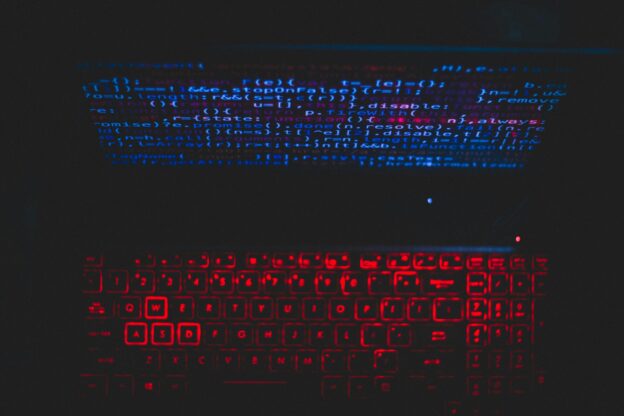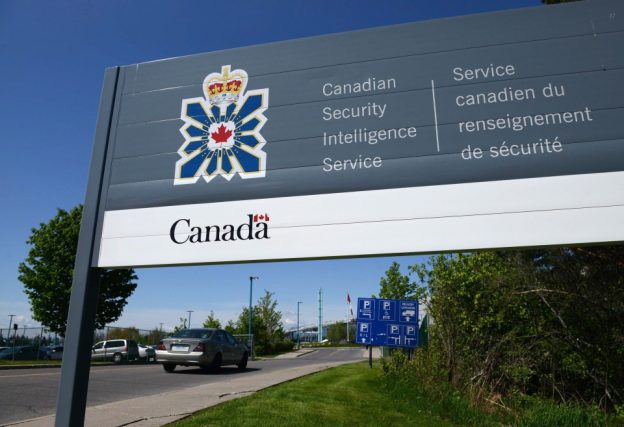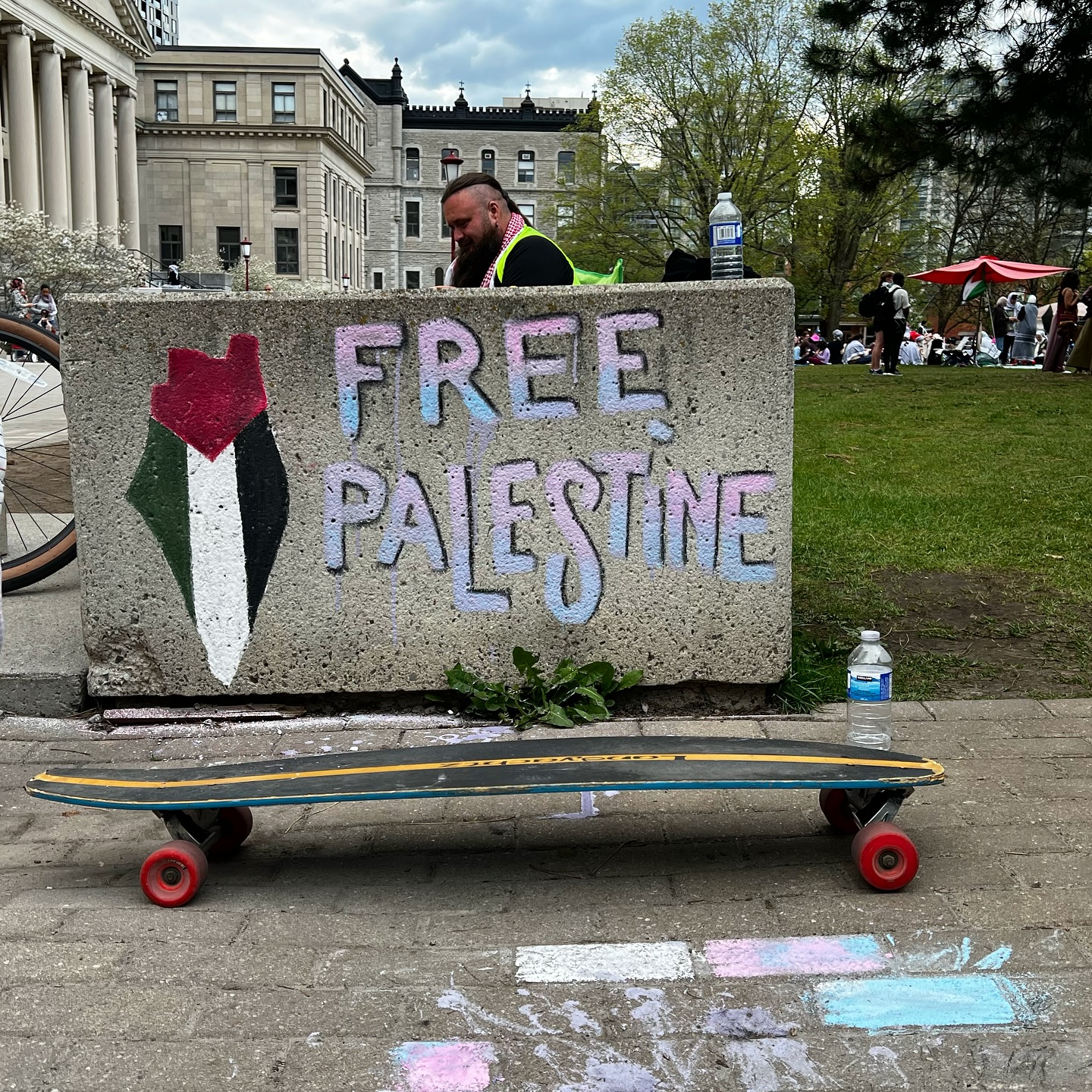
On May 7, 2024, OpenMedia and more than 20 civil society groups – including the ICLMG – and legal experts delivered an open letter to Minister of Justice Arif Virani, urging the government to separate controversial Parts Two and Three of Bill C-63, The Online Harms Act, into independent legislation. This separation is vital to allow Parliament and the public to focus on considering the merits of the Online Harms Act itself, as described in Part One of Bill C-63.
The signatories point out that public discussion surrounding Bill C-63 has overwhelmingly focused on its controversial changes to the Criminal Code and Human Rights Act described in Parts Two and Three, overshadowing the core elements designed to tackle illegal online content and protect young people in Canada.
Part Two’s proposed Criminal Code changes, including pre-emptive peace bonds and potential lifetime imprisonment, raise serious concerns about disproportionate punishments that risk chilling legitimate speech. Part Three’s changes to the Human Rights Act are widely believed likely to overwhelm the Commission with complaints, delaying more substantive cases and potentially incentivizing bad-faith complaints as tools of harassment.
To refocus public and parliamentary conversation on due consideration and debate of the Online Harms Act itself, signatories request the government separate Parts Two and Three as a distinct legislative package.
Many of today’s signatories have engaged the government throughout its consideration of illegal online content, including through 2023 expert letter outlining red lines and recommendations for potential legislation, and by individual submissions to the government’s 2021 consultation.
Bill C-63 was introduced on February 26th, and is currently awaiting second reading in the House of Commons. Since Bill C-63’s introduction, more than 4000 OpenMedia community members have written to their MPs asking them to split Bill C-63.
Quotes
Matt Hatfield, Executive Director, OpenMedia: “Bill C-63 presents Canadians with a false choice: either we accept extraordinarily draconian punishments for our speech, or we can’t have common sense online protections. That’s a false dichotomy. That’s why OpenMedia is asking the government to do the right thing and separate the Online Harms Act itself from its other proposals. Young Canadians and victims of online sexual violence should not be used as pawns to force to force through profound restrictions on our fundamental rights.”
Anaïs Bussières McNicoll, Director, Fundamental Freedoms Program, CCLA: “Bill C-63 enables blatant violations of expressive freedom, privacy, protest rights, and liberty. It also undermines the fundamental principles of democratic accountability and procedural fairness by granting sweeping powers to the new Digital Safety Commission. It is crucial that both parliamentarians and the public be given enough time to properly address the many flaws of this Bill. Separating Parts Two and Three of the Bill would be a first step in the right direction.”
James L. Turk, Director, Centre for Free Expression (CFE): “As an answer for how to minimize harms we experience online, Bill C-63 is a failure. While it makes some useful efforts to regulate digital platforms, it includes serious, and I believe unconstitutional, limitations on freedom of expression that have nothing to do with online governance. At the very least, these sections should be severed from the Bill so the focus will be on the difficult question of whether the remainder of the bill will result in meaningful and Charter-compliant online protections.”
Fareed Khan, Founder of Canadians United Against Hate: “In trying to address the issue of harmful content online the government’s proposed legislation could create new harms by suppressing and criminalizing legal acts of freedom of expression, like the current pro-Palestinian protest condemning the genocide Israel is committing. This would damage Canada’s democracy and violate fundamental Charter rights. Given the complexity and flaws of the bill the only way to get it right is to separate Parts Two and Three and table them as separate bills.”
Since you’re here…… we have a small favour to ask. Here at ICLMG, we are working very hard to protect and promote human rights and civil liberties in the context of the so-called “war on terror” in Canada. We do not receive any financial support from any federal, provincial or municipal governments or political parties. You can become our patron on Patreon and get rewards in exchange for your support. You can give as little as $1/month (that’s only $12/year!) and you can unsubscribe at any time. Any donations will go a long way to support our work. |





